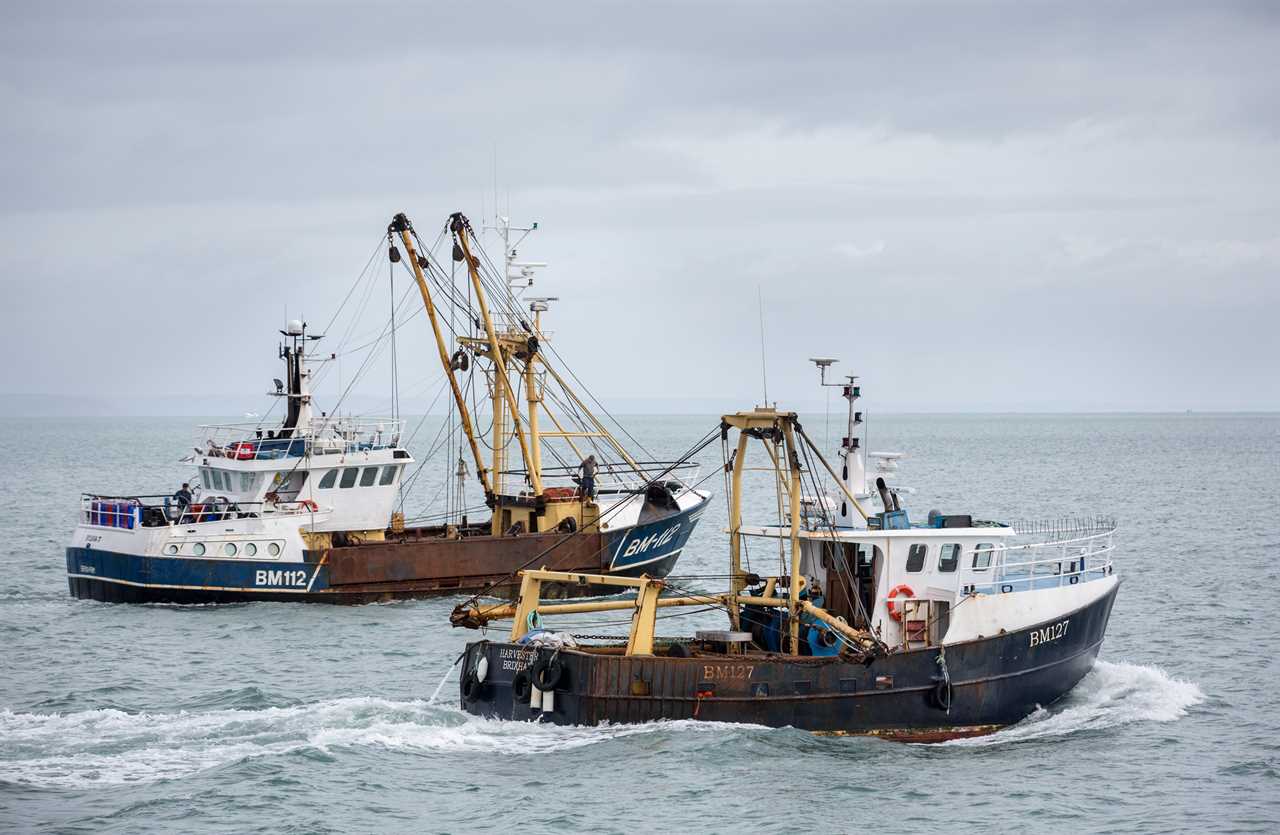
As the UK and EU gear up for a crucial summit to address security concerns amidst rising tensions with Russia, the longstanding issue of fishing rights has once again emerged as a bargaining chip in the negotiations. The prospect of sacrificing British fishermen's interests to secure a defence deal with the EU has sparked intense debate and criticism, with implications that extend far beyond the realm of fisheries.
The wider context: Balancing Industry Interests and National Sovereignty
At the heart of the current dilemma lies a complex trade-off between the fishing industry, a sector emblematic of Brexit sovereignty claims, and the defence sector, crucial for national security. The potential trade of fish quotas for access to EU defence contracts underscores the intricate web of economic and geopolitical considerations facing the UK government.
While some argue that prioritising defence industry partnerships is a pragmatic move in a post-Brexit landscape, others vehemently oppose any concessions on fishing rights, viewing them as a symbolic betrayal of the hard-fought Brexit process. The tension between economic pragmatism and nationalistic sentiments underscores the multifaceted nature of Brexit negotiations and their far-reaching implications.
Power dynamics and Ethical Considerations in Negotiations
As the UK navigates delicate negotiations with the EU, power dynamics and ethical considerations come to the fore. The demand from France to secure additional fishing quotas as a condition for UK participation in a security pact highlights the asymmetries inherent in post-Brexit relations. The need to balance economic interests with ethical responsibilities towards British fishermen raises questions about the government's priorities and values.
Critics, including prominent Brexiteers, warn against a perceived capitulation to EU demands, framing any concessions on fishing rights as a fundamental betrayal of the Brexit mandate. The broader implications of such trade-offs extend beyond the immediate economic impact, touching upon questions of national identity, sovereignty, and the legacy of the Brexit process.
Looking Ahead: Navigating Complex Negotiations in a Post-Brexit Landscape
As the UK prepares to chart its course in a post-Brexit world, the intersection of fish, defence, and European relations presents a formidable challenge. The upcoming summit represents a pivotal moment in defining the future trajectory of UK-EU interactions, with implications for multiple sectors and stakeholders.
Amidst competing interests and geopolitical pressures, the need for a nuanced and strategic approach to negotiations is paramount. Balancing the demands of different industries while upholding national interests and commitments to sovereignty requires a delicate balancing act, one that will shape the UK's position on the global stage in the years to come.
In the face of complex trade-offs and competing priorities, the path forward remains uncertain. The decisions made in the coming weeks will not only impact the fishing and defence sectors but also have broader implications for the UK's relationship with the EU and its place in the international community. As the negotiations unfold, the intricate interplay between industry interests, national sovereignty, and geopolitical considerations will continue to shape the post-Brexit landscape.
Did you miss our previous article...
https://trendinginthenews.com/uk-politics/analysis-home-office-appeals-decision-on-stripping-citizenship






